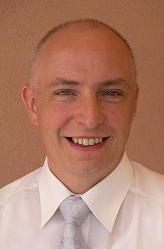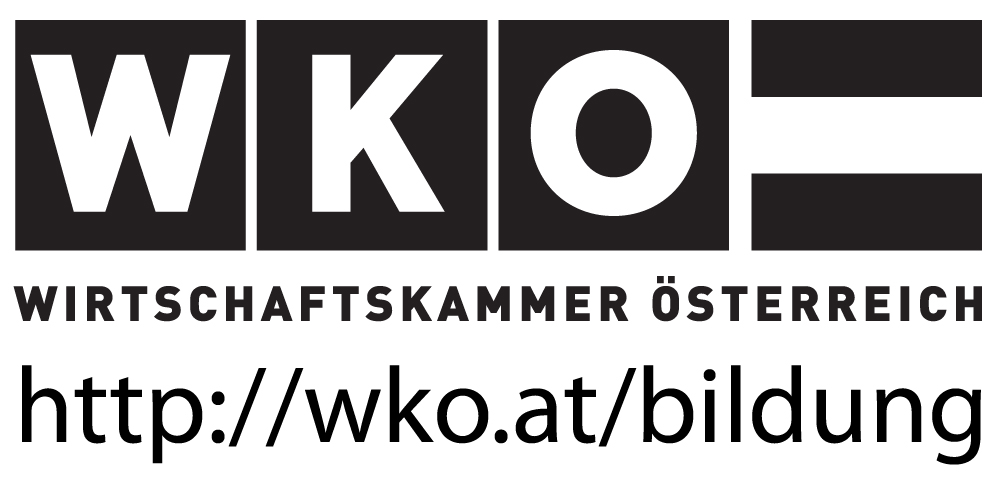This MiniPLoP will take place on August 25, 2014.
Description
Patterns of software architecture are an important tool in software architectural design. They appear in nearly every significant software architecture, even where the architects did not know they were using them. Papers and books on architecture patterns were first published nearly 20 years ago, and have been widely used. Architecture patterns continue to be an important area of research and practice, and have proved their worth not only for architectural design, but for capturing and conveying architectural design knowledge and decisions.
At the MiniPLoP at ECSA, we will explore new advances and insights about architecture patterns. As software technology changes, architecture patterns change, and new architecture patterns emerge. In addition, we are learning more about the use of patterns in architectural design. We will have stimulating discussions on these topics.
MiniPLoP Format
We will use writers’ workshops, adapted from the workshops of literary circles, to provide highly concentrated feedback to authors. This format has been extensively used in software pattern conferences (the so called PLoP conferences) to improve patterns, as well as other writings associated with patterns, such as research papers on application of patterns. A description of writers’ workshops in pattern conferences can be found at http://www.europlop.net/content/conference-elements#writersworkshops . Additionally, we will have discussions about emerging ideas.
Program Highlights
MiniPLoP will include the following:
- A keynote address
- Introduction to writers’ workshops
- Writers’ workshops
- Discussion sessions on emerging work
- An evening at a Viennese coffee house
Keynote Speaker
Prof. Peter Sommerlad is director of IFS Institute for Software at FHO/HSR Rapperswil, Switzerland. Peter is co-author of the books POSA Vol.1 and Security Patterns and contributed to “97 things every programmer should know”. His goal is to make software simpler by Decremental Development: Refactoring software down to 10% its size with better architecture, testability and quality and functionality. To reach that goal his team and students create IDE tooling based on Eclipse, mainly for C++ and Scala. Peter is a member of Hillside, ACM, IEEE Computer Society, SI, ACCU, the C++ ISO standardization committee and the president of SWEN, the Swiss SoftWare Engineering Network.”
Timetable
| 09:00-09:40 | Welcome message, introduction, demo workshop (SR11) |
| 09:40-10:30 | Writers’ Workshop, Session 1 (SR11) Paper 1: The Stigmergic Information System Architecture Pattern for Socio-Technical Collective Intelligence Systems |
| 10:30-11:00 | Coffee break |
| 11:00-12:40 | Writers’ Workshop, Session 2 (SR11) Paper 2: Software Architecture Pattern Morphology Paper 4: Towards Systematic Selection of Architectural Patterns with Respect to Quality Requirements |
| 12:40-13:30 | Lunch break |
| 13:30-15:00 | Keynote by Peter Sommerlad: How Patterns shaped my Life (SR11) Q&A on keynote address |
| 15:00-15:20 | Coffee break |
| 15:20-16:10 | Writers’ Workshop, Session 3 (SR11) Paper 5: A Method for Cross-Domain Problem-oriented Pattern Retrieval |
| 16:10-17:00 | Closing Session (SR11) |
Call for Participation
We encourage submissions of architectural patterns and related works for discussion. Papers submitted to other sessions of ECSA may be submitted here as well, if they pertain to architecture patterns.
Individuals not submitting a paper are invited to register for MiniPLoP, although submitters will be given preference. All attendees must be registered for the ECSA main conference.
We welcome submissions related to architectural patterns, especially:
- New architectural patterns
- Significant variants to existing patterns
- Research on pattern-related architectural building blocks, such as architectural pattern primitives or tactics
- Empirical research related to architectural patterns
Submission categories:
- For patterns: Short papers (up to 8 pages in pattern-writing form) containing a maximum of two related patterns (approx. 4 pages per pattern). Longer pattern papers (e.g., on a pattern language) will be considered, but only a portion of them can be discussed in the writers’ workshop.
- For research: Full papers (up to 16 pages in LNCS style)
Maturity of the work:
We welcome both mature work and immature, exploratory work. The works will be handled as follows:
- Mature works will receive a writer’s workshop, with the intent of helping prepare the work for publication. The revised work may be summarized in the session summary, which will be published as part of the ECSA proceedings.
- Exploratory work will receive a less formal workshop, where the author is encouraged to take an active role. The authors will receive ideas and feedback which can be used to further the research and refine the work.
Deadlines and Submission Instructions
Submissions are to be submitted to MiniPLoP via email: miniplop14@alice.wu.ac.at.
Submissions must be received by 18 June 2014 11 July 2014 – EXTENDED.
Chairs
- Neil Harrison, Utah Valley University: neil.harrison@uvu.edu
- Stefan Sobernig, Vienna University of Economics and Business: stefan.sobernig@wu.ac.at
- Uwe van Heesch, Capgemini Germany, uwe@vanheesch.net
Because there is no extra fee for this session, participants will pay for their own dinners.






